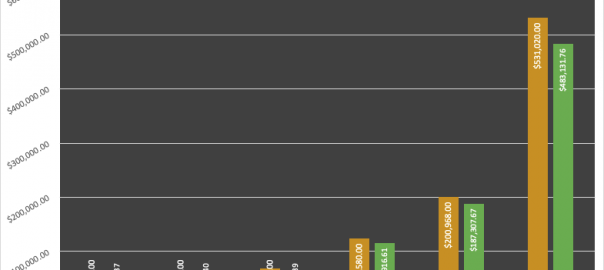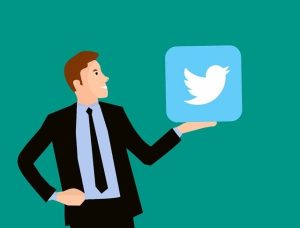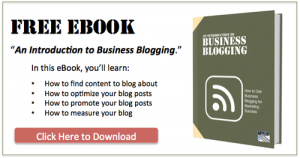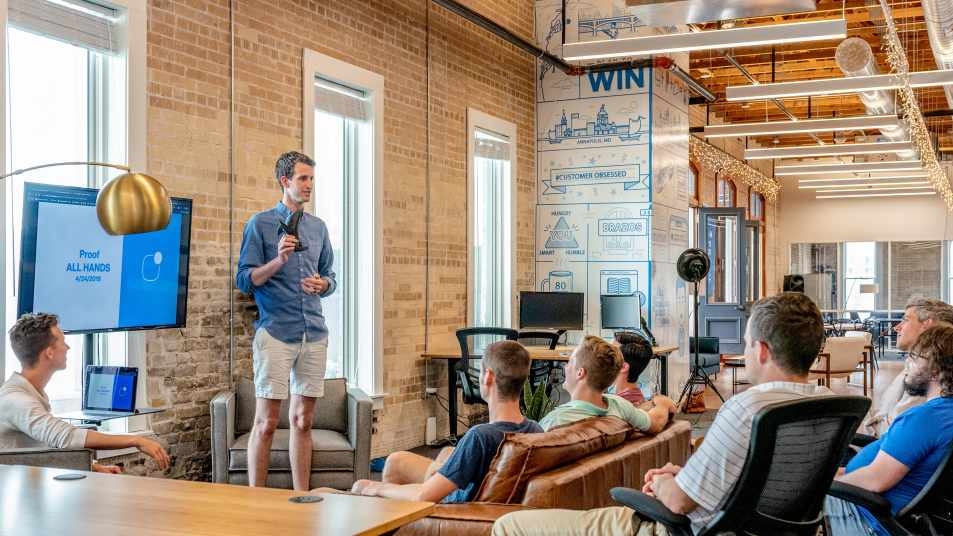
Politics is essentially the practice of influencing others. In an environment of free will, the act of influencing either appeals to a constituent’s “self-interest” or contributes to their “self-esteem”. Appealing to self-interest is self-serving while appealing to self-esteem makes constituents feel morally superior. When it comes to paying taxes, the working poor and the middle class will vote for candidates that serve their self-interest in income redistribution.
According to income tax data released by the IRS, the bottom 75% of taxpayers collectively paid only 13.9% of the total federal income taxes. The top 25% paid a whopping 86.1% of all federal income taxes. Since the bottom 75% of taxpayers are made up of the poor and the middle class, who according to Investopedia earn between $ 40,500 and $ 122,000, it appears that they are not paying their fair share, not the rich.
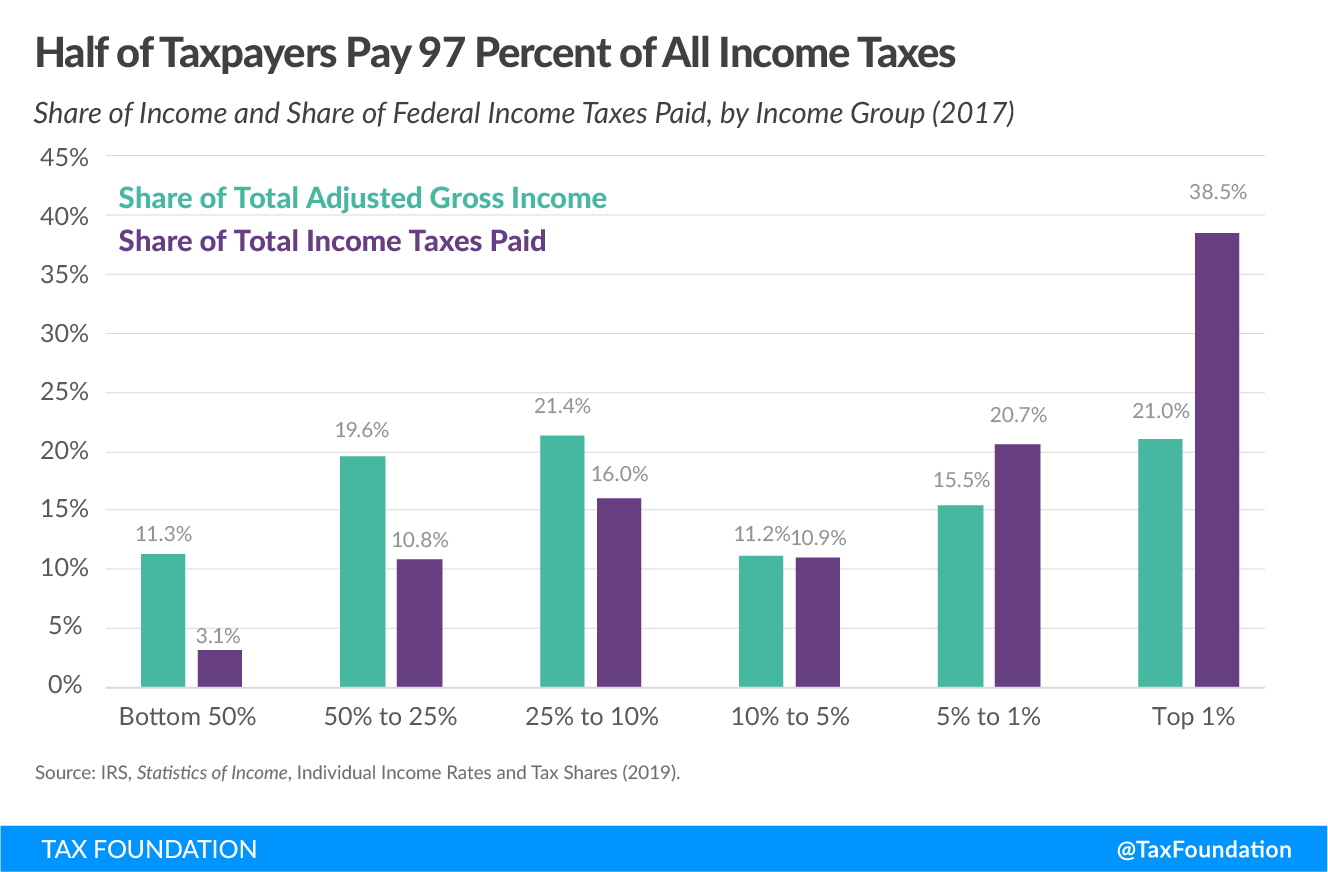
The loud and persistent cry we hear from Democrats, liberals, and progressives is that “the rich” aren’t paying their “fair share” of taxes. Their campaign’s promise is that if elected they will “tax the rich” to get votes. Self-interest drives voters to vote for candidates that serve their own self-interest. With the top 25% of taxpayers paying 87.1% of all federal taxes we will soon reach, or have already crossed, the tipping point where voters acting on self-interest will elect candidates that want to tax the rich. However, acting on self-interest often has hidden costs
In Jan 2018 we discussed how epic tax code changes provided tailwinds for America’s small business community and supercharged the economy. However, voters acting on self-interest three years later supported candidates with different priorities, and “Tax the rich” policies are being considered to pay for them.
The New York Times’ Farhad Manjoo recently argued for “abolishing” billionaires outright. Presidential candidates Elizabeth Warren and Beto O’Rourke say we should make the rich less rich because income inequality is bad. Candidate Bernie Sanders and Representative Alexandria Ocasio-Cortez (and many others) think that everything from Medicare for All to the Green New Deal can be financed largely — or entirely — by pillaging the bank accounts of the rich.
Why ‘Tax the Rich’ Demands Are So Unreasonable By JONAH GOLDBERG
To put things into context, the combined annual household income in the United States for the top 25% of taxpayers is defined as income over $ 123,580. According to the renowned economist Thomas Sowell, voters will pass laws that are of no cost to themselves and impose additional costs on others to improve their own personal financial situations. Therefore, with the poor and middle class having household income in the bottom 75%, it stands to reason that most voters would favor policies which “tax the rich” in an effort to better their personal financial situation. However, this is classic stage-one thinking and has many unseen consequences.
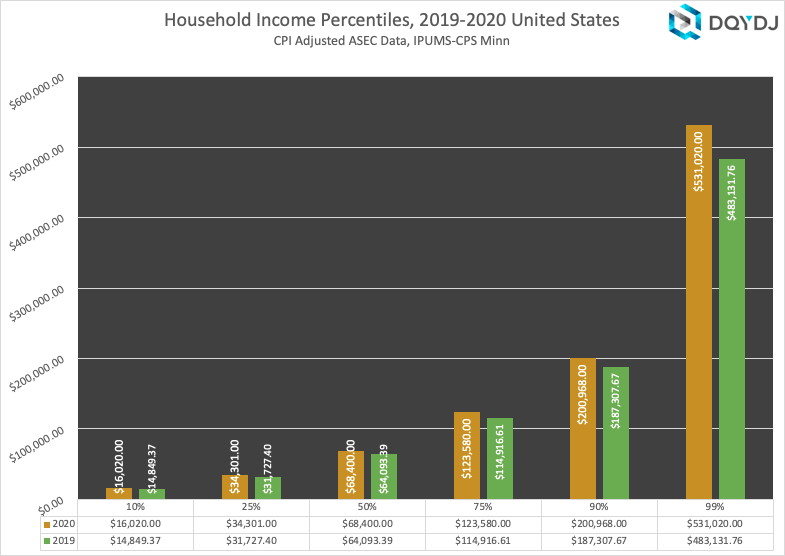
According to Thomas Stanley and William Dan, the authors of the Millionaire Next Door, over two-thirds of all millionaires are self-employed with the rest primarily made up of highly paid professionals such as doctors and lawyers. While self-employed people make up less than 20 percent of all workers in America, they account for almost 70 percent of the millionaires.
The top 25% of taxpayers make the majority of their money not through earning a salary but through risky direct investments in American business by becoming an entrepreneur or investor in a small business.
According to the millionaire next door, most millionaires invest about 20 percent or more of their household income. Many invest in small businesses as Angel investors or invest in income-producing residential or commercial real estate. Tax policies such as raising corporate and marginal income-tax rates, or eliminating the step-up in basis and the 1031 exchange, all in an effort to “Tax the rich”, will cause investors to reconsider their investments. This lack of investment capital will change the game for the vast majority of Americans, not just the millionaires, and hollow out the small business community that creates 1.5 million jobs annually and accounts for 64% of all new jobs created according to the Small Business Administration (SBA).
Perhaps some external event will allow politicians to change their strategy from appealing to the voters’ self-interest to being able to appeal instead to their self-esteem in the form of renewed patriotism. If not, it looks like we are headed for an imminent tipping point in the very near future that will fundamentally change America for the worse.
What can you do to help change our current course before it is too late?
Business & Finance Articles on Business 2 Community
(25)
